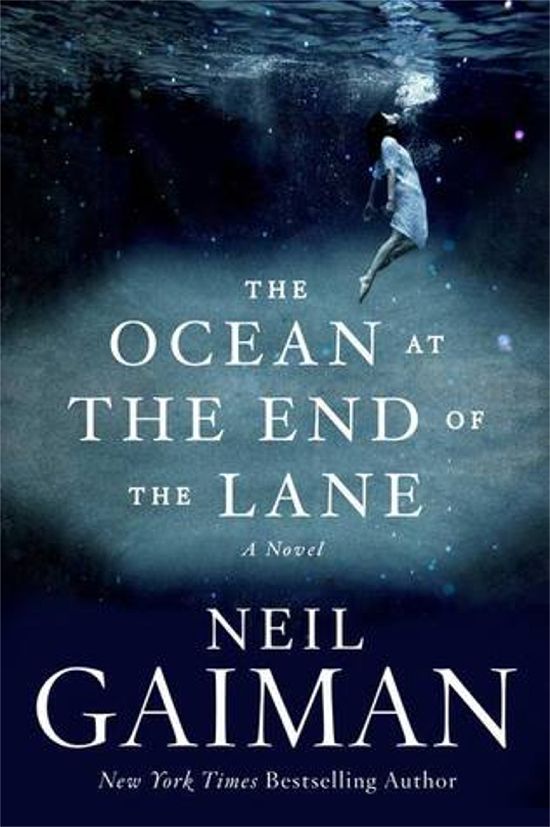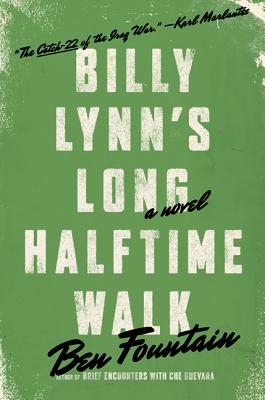(From the back cover): On a scale of disaster to delicious, twelve-year-old Lily Hubbard is definitely a disaster when it comes to baking. And when Lily is invited to be a part of a mother-daughter book club called The Baking Bookworms, she is both excited and terrified. None of her friends know that she can't actually bake. What Lily can do is make music--she's the lead singer for an all-girl band. The band's goal? To audition for a coveted spot in their school's annual Spring Fling.
But Lily's plans are suddenly thrown off course when she is asked to plan a Sweet Thirteen bash for her friend Sophie. Lily's big task? To make a showstopping, mouth-watering dessert for the party. Uh-oh.
Soon, Lily is buried in sugar and sheet music as she tries to juggle her commitments to her band and one of her best friends. In this yummy confection of a story from Lisa Schroeder, Lily learns that sometimes the best things in life can't be measured.
(As I typed out the description of this sweet little book, it came to me that this would be an epic query letter text. The first line about a "scale of disaster to delicious" shows voice and would definitely catch an agent's eye. So, if you're a writer struggling with a query letter, study the above. It fits Matt MacNish's "Three Cs" of Character, Choice, and Consequences too.)
Review: I, and probably every other male on the planet, am not the market for this book. From the purple and pinks of the cover to the story itself, this is a book for girl readers. It therefore goes to show what a strong market this is: girls love these books. Who knew there was a "Baking Genre" in middle grade? (I've just visited another blog featuring this title, and the teenage reviewer described how she screamed with excitement when she received an ARC and a letter from the author.)
Despite having XY chromosomes, I did enjoy this story. It was an ultimately kind-hearted view of the messiness of friendships. There was a measure of competition, rivalry, and jealousy--but no full-bore meanness. Lily has a loving family and friends; her besetting problem is that she hasn't been true to herself and tried to pass herself off as someone she really isn't: she's a singer, not a baker, for "Sweet Uncle Pete's" sake.
There were enough complications to raise my anxiety level, especially on the day of the big party. Lisa Schroeder made me care for Lily, and therefore hope that she wouldn't go down in flames--or, to keep up with the baking metaphors--crumble in a mess of broken cake pops.
I'm sure older elementary girls and middle school girls would eat this up (sorry for all the food puns--I need to obviously go eat breakfast). For writers interested in capturing the psyches of young female characters, this would be a great series to study.
This is the third in Lisa Schroeder's middle grade series. The main characters of Sprinkles and Secrets and It's Raining Cupcakes!--Sophie and Isabel--are important secondary characters in Frosting and Friendship too.
About the author, from her website bio: Lisa Schroeder is the author of four teen verse novels including I HEART YOU, YOU HAUNT ME and its companion, CHASING BROOKLYN, FAR FROM YOU, and the Oregon Book Award finalist, THE DAY BEFORE. Her latest book for teens is a combination of prose and poetry and is titled FALLING FOR YOU. She's also the author of the middle grade novels IT'S RAINING CUPCAKES and SPRINKLES AND SECRETS. Her books have been translated into several languages and have been selected for state reading lists. She lives in Oregon with her husband and two sons.
Find out more about Lisa and her books at LisaSchroederBooks.com or on Twitter at @Lisa_Schroeder.
I'm giving away my ARC of Frosting and Friendship. Just leave a comment, including a number between 1 and 212, and I will reply with a line from the book. The winner will be randomly selected on 8/1 and notified on this blog. Thanks for reading!































